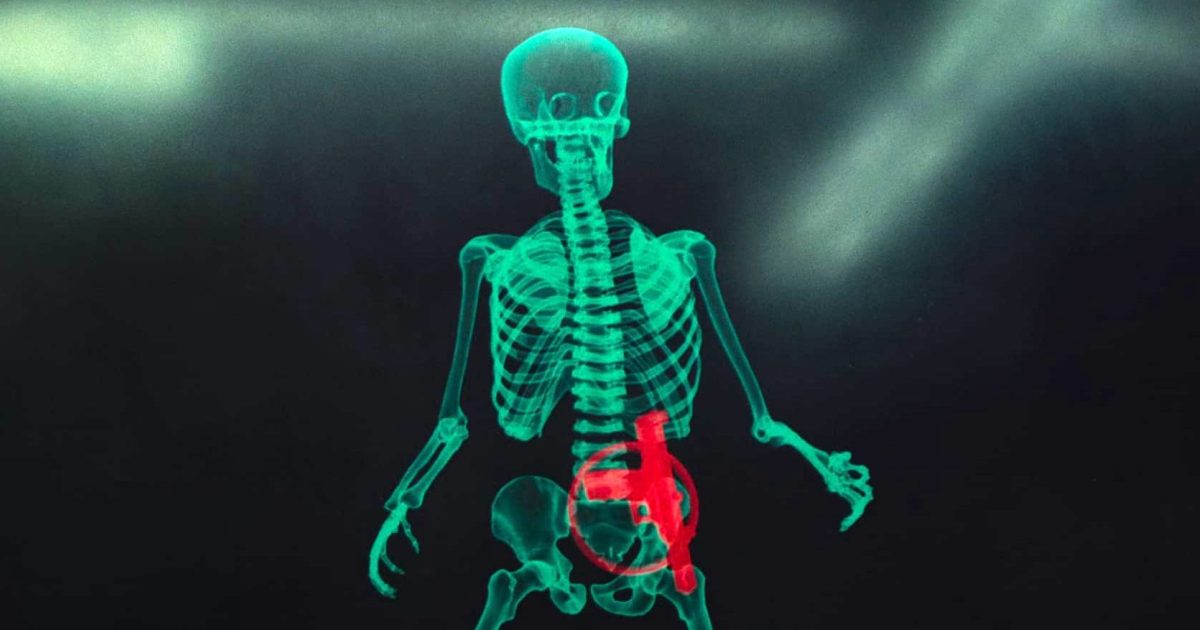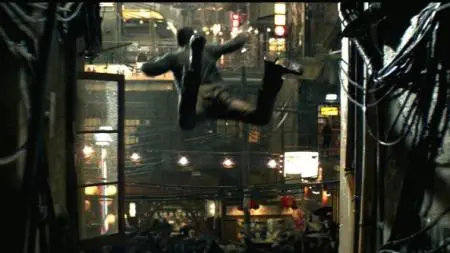We Will Remember It For You At Wholesale Token Prices
You make an appointment to meet with a specialist who will help you recreate lost memories. Are you in a sci-fi movie...or is this happening in real life?

One of the below quotes is from a sci-fi film, and another from a real life project.
Anyone can request an appointment to visually reconstruct their memories at the office with a specialised team trained in this new technology. Each session lasts between 45 minutes and 1 hour, during which a written and visual testimony of each personal story is generated. - https://www.e-flux.com/announcements/608285/citizens-office-of-synthetic-memories/
Do you dream of a vacation at the bottom of the ocean but you can't float the bill? Would you like to ski Antarctica but you're snowed under with work? Have you always wanted to climb the mountains of Mars but now you're over the hill? Then come to Rekall, Incorporated. - TOTAL RECALL script
In both of these, you make an appointment with some specialists and create or recreate memories. One is real. And one is not.
Wholesale Memory Prices


Fun fact: At the time, the 1990s sci-fi thriller TOTAL RECALL was the, or one of the, most expensive films ever made.
[TOTAL RECALL had] an estimated $48–80 million budget (making it one of the most expensive films made in its time) - https://en.wikipedia.org/wiki/Total_Recall_(1990_film)
Total Recall is based on a novelette by Philip K. Dick titled "We Can Remember It for You Wholesale" which is a unique and innovate memory implant story.
In it, main character Douglas Quail is a "miserable little salaried employee" whose dreams of a more exciting life lead him to the offices of Rekal, Incorporated. There Quail purchases the memories of the trip to Mars he so covets - along with a bonus "spy" package - all of which are to be implanted directly into his brain. However, once he is put under, the Rekal employees discover that Quail actually was a spy on Mars and his current identity is the manufactured memory. - https://litreactor.com/columns/book-vs-film-total-recallwe-can-remember-it-for-you-wholesale
In Dick's story, Quaid has synthetic memories implanted in his mind. I think that's an interesting parallel to a project called Synthetic Memories, which uses AI to help people deal with lost memories. For example, a picture that was lost in a fire or left on a train, or, in fact, one that was never taken.
Synthetic Memories
Dozens of people have now had their memories turned into images in this way via Synthetic Memories, a project run by Domestic Data Streamers. The studio uses generative image models, such as OpenAI’s DALL-E, to bring people’s memories to life. Since 2022, the studio, which has received funding from the UN and Google, has been working with immigrant and refugee communities around the world to create images of scenes that have never been photographed, or to re-create photos that were lost when families left their previous homes. - https://archive.is/ow5oH#selection-527.0-531.434
The project's thesis orbits around the problem of memory loss, and how "whether due to dementia or physical displacement, [it] profoundly affects one’s sense of identity."
According to the project, a synthetic memory is:
A Synthetic Memory is a digitally reconstructed representation of a personal memory created with Generative Artificial Intelligence (GEN-AI) technologies. It recreates a past visual experience that might have faded, changed, or been forgotten over time. Unlike our natural memories, which are created and stored in the human brain, Synthetic Memories are produced by algorithms. These algorithms interpret descriptions of personal experiences and turn them into images and short videos. - https://www.syntheticmemories.net/
This mostly takes the form of AI generated pictures.



Interestingly, the project found that worse images (the kind generative AI has become infamous for, mangled fingers and the like) were better, to some extent, than good pictures, perhaps mimicking the idea that memories are blurry, imperfect recreations of what actually happened.
“If you make something super-realistic, people focus on details that were not there,” says Garcia. “If it’s blurry, the concept comes across better. Memories are a bit like dreams. They do not behave like photographs, with forensic details. You do not remember if the chair was red or green. You simply remember that there was a chair.” - https://archive.is/ow5oH#selection-617.0-617.337
Ultimately, human memory is a construction: a falsification. None of us has total recall. No one has perfect memory. Things we think happened may never have happened. Our childhoods. Traumatic events. The way things went down. The number of gunshots echoing around downtown. None of what we remember of these events is completely accurate. We may have records of those times, such as pictures and photographs, but they may be lost now, destroyed by fire, left behind on trains, or perhaps were never taken in the first place.
AI is Deeply Polarising
AI is extremely divisive at this point. It seems to me that the current sentiment is, overall, negative. To that effect I believe we're going to see a significant setback in the perceived value of the recent advances in AI, particularly large language models. This is due to the entirely human penchant to overestimate the impact of new technology in the short term (and thus be disappointed in the near term results) and underestimate it in the long term. In the short term things are going to soon look bad, but in the long term I hope to see considerable productivity increases leading to improved quality of life. And maybe even some fun weirdness.
So, while the mood around AI in 2024 is often quite dystopian (note that it's always easier to be a bear than a bull) I feel that Synthetic Memories offers an interesting side quest of sorts where it might be possible to improve life by using the capabilities–and even the quirks–of AI to a positive effect. The idea of "visually reconstructing and recovering memories that were never recorded" is a fascinating one that has historically been the sole realm of sci-fi, but now exists in the real world.
Fakeness...Can Be Good?
The potential misuse of this technology [is] to create fake news and fake memories, so this is something that we should acknowledge, as any technology can be used and can be put for bad practices - Pau Garcia Sanchez quoted in https://theworld.org/stories/2024/05/21/how-ai-is-helping-to-re-create-childhood-memories
We know AI can, and will, fake things. Fake news. Fake voices. Fake kidnappings. Fake nudes. Fake political robocalls. Fake popes wearing fake puffy jackets. The images of memories "recreated" in the Synthetic Memories project are, ultimately, not real...they are fake, just like the rest of it. However, I like that fact that we KNOW they are not real, as opposed to most of the other "fake Xs" which we have to expend mental energy on analysing for falsity.

Generative AI is pushing the "slop"–weirdness, fakeness–into our world, and it's nice to see a project using that weirdness as an advantage. As well, it's always fun to note how sci-fi our techno-society is becoming.
Further Reading
Synthetic Memories Project

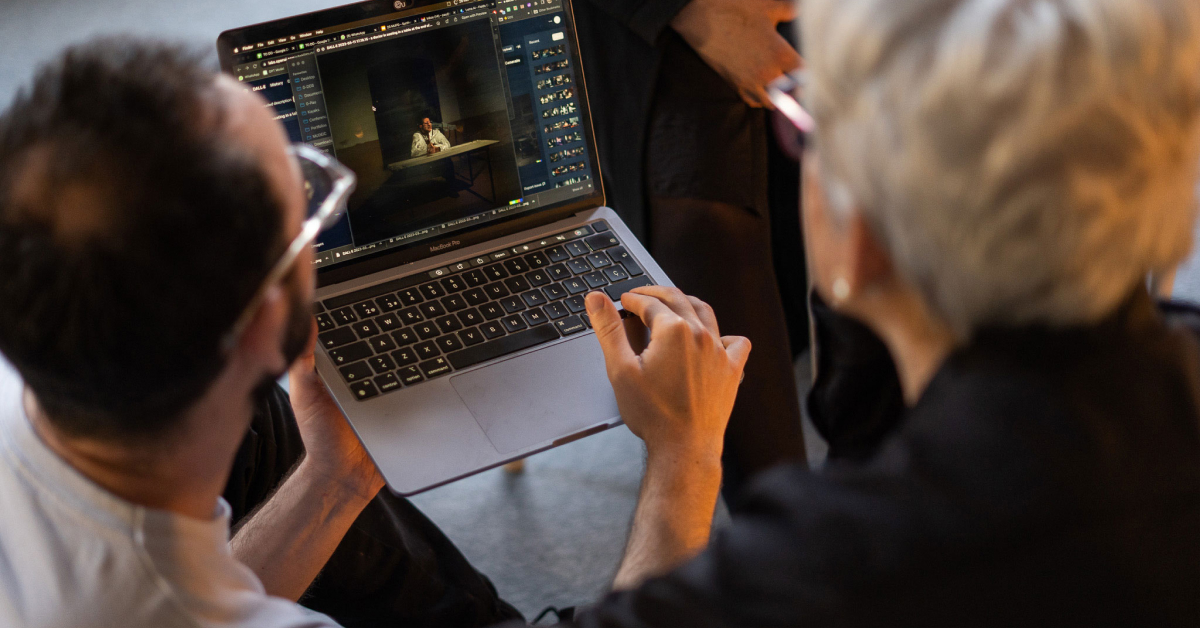
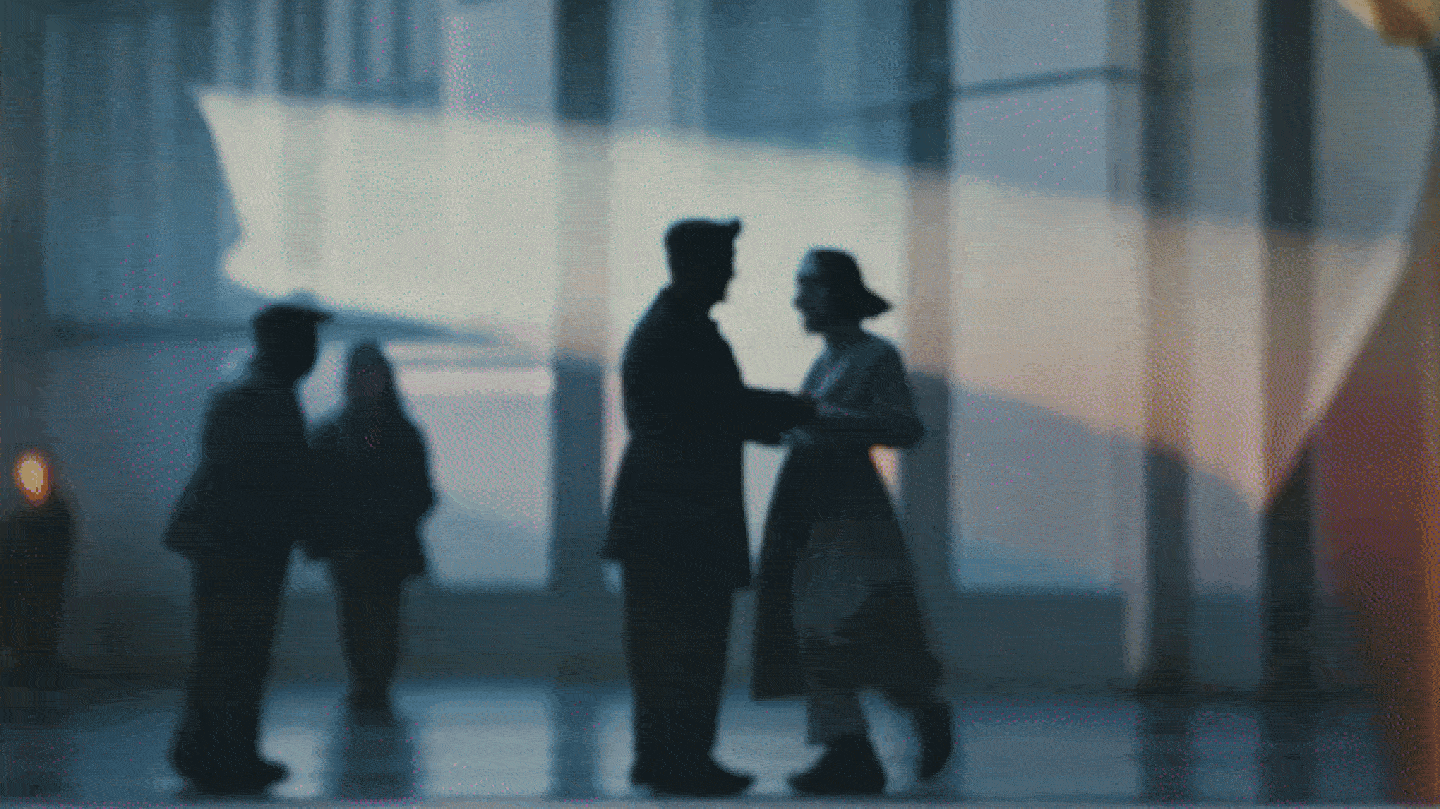
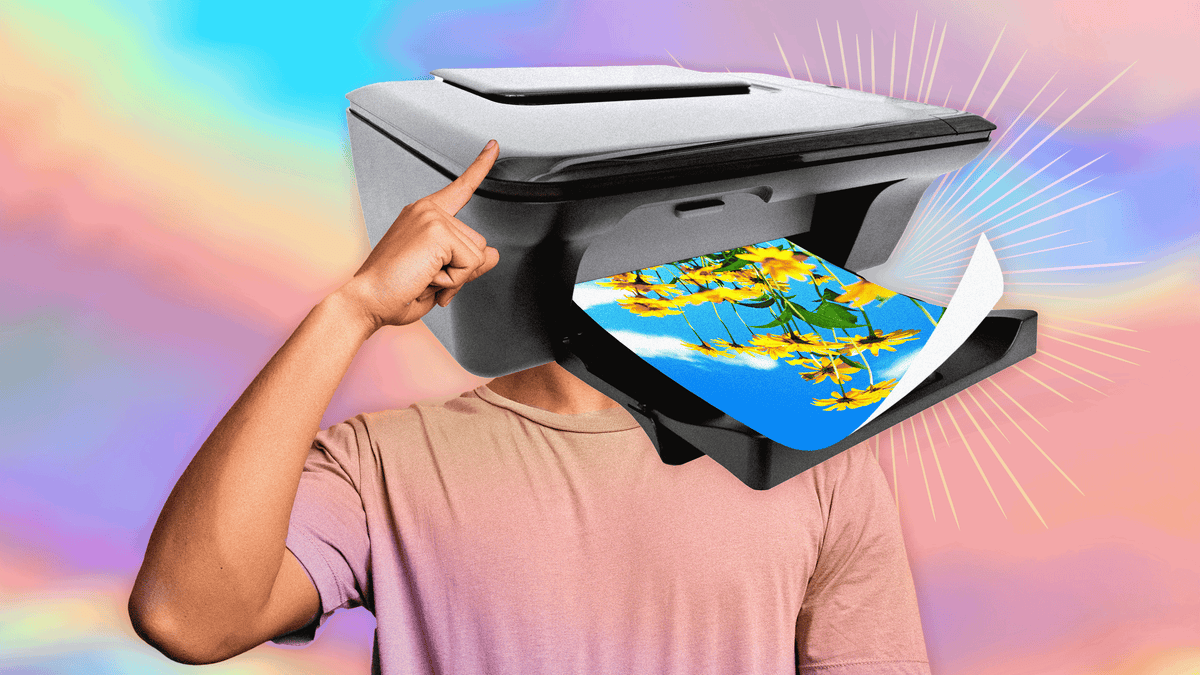
P.K. Dick
https://web.english.upenn.edu/~cavitch/pdf-library/Dick_Wholesale.pdf
Total Recall
